Whether you are a business person, a gamer, or a creator, you will need external storage devices at some point. An external SSD is an indispensable device for data backup. What should you do if your external SSD performance slows down? What are the reasons for slowing down? Today we'll sort out the possible causes for you to understand what's wrong with your external SSD.
Table of Contents
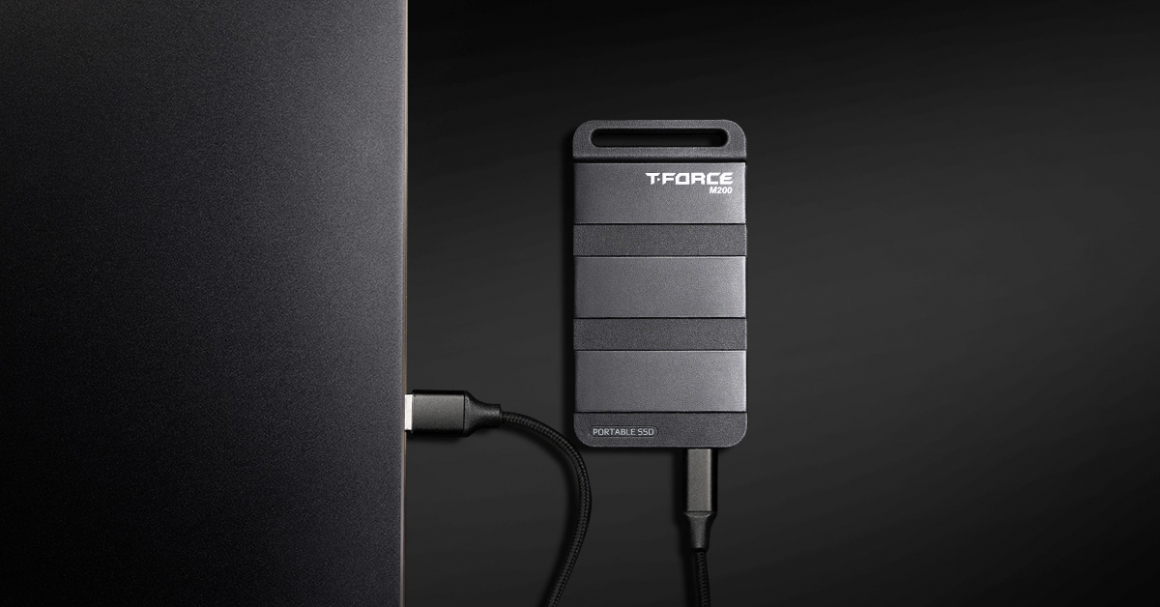
Here are Two Checks and Two Cleanups to help you determine what might be wrong with your external SSD!
Check for physical damage
When it takes a long time to open a file in the external SSD, your external SSD is likely corrupted. If you're using the SSD that has an LED on it, for this issue, you can check the LEDs on the external SSD. If the LED does not blink normally when the external SSD is connected, the external SSD is abnormal and may need to be repaired.

Check and replace the USB cable or USB slot
Another possible reason for an external SSD slowing down is a faulty USB connection. You can first check whether the USB cable or the USB slot on the computer is damaged. If the cable and device are not damaged, it is likely, the speed of the connector does not match the speed of the slot. Connecting a USB 3.2 external SSD to a non-USB 3.2 slot will result in a speed performance difference.
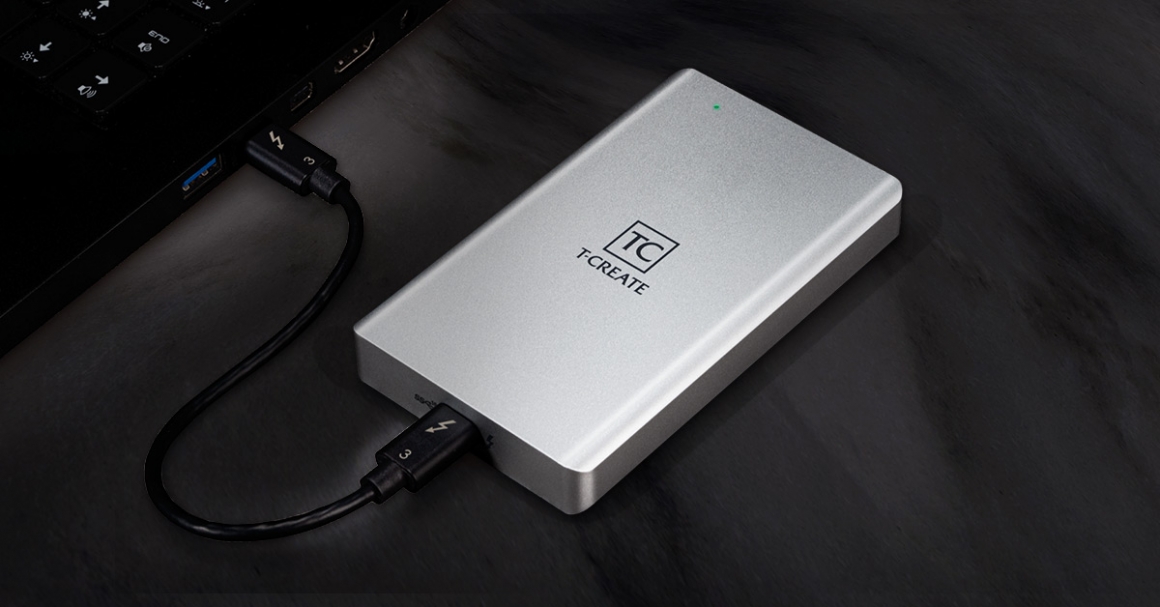
Remove viruses and enable anti-virus software
If your external SSD is infected by viruses or malware, its transfer speed could slow down. Enable the anti-virus software immediately to resolve the slow speed caused by the virus and save your data in the SSD.
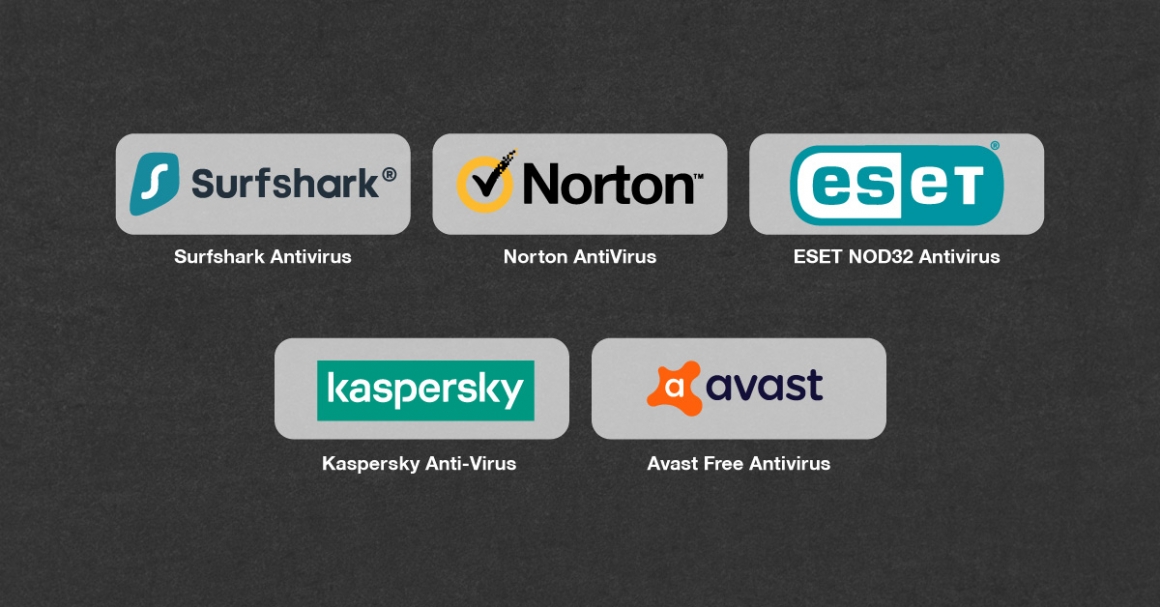
Free up space on your drive
When the external SSD almost reached its total capacity, its file opening speed could slow down. You can effectively free up storage space on your external SSD by organizing SSD data, such as deleting junk files and useless data or backing up some of your files to other storage devices.
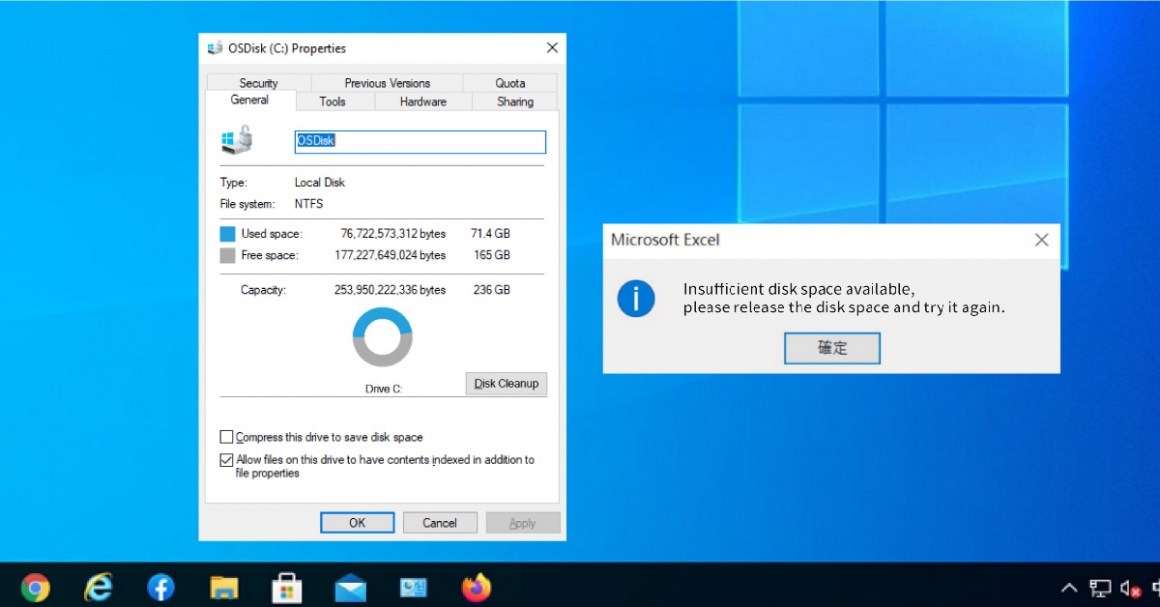
Issues Related to Drive Operation
The operation of your drive is closely related to the operation of the external SSD, not only when your SSD functions normally but also when your SSD malfunctions. We have sorted the leading causes that occur on your drive given as follows:
1、If your SSD is not getting sufficient power
Different SSDs have their specific starting and operating currents. However, all USB ports provide the same amount of power. Sometimes, the power required to drive some external SSDs can exceed the power supplied by the USB port. If you don't have sufficient power to start your external SSD drive, we recommend buying a USB hub with an external power supply, connecting one end to the USB port on your computer and the other to the external SSD.
2、If you multitask on your drive
With too many applications working on the drive simultaneously, for example, downloading files, watching videos, playing music, and copying data simultaneously, your external SSD performance might suffer from having too many applications working simultaneously. Or, if you download too many files to an external SSD simultaneously, there may inevitably be a massive traffic flow. Thus, executing one command or file transfer operation at a time is recommended to ensure that the external SSD operates above a certain transfer speed.

3、If your external SSD is about to break down
It is not the most desperate thing if your external SSD is becoming obsolete or corrupted. Instead, the most frightening thing is when your SSD is about to crash. Even if you take good care of your external SSD, the lifespan of the storage device is still limited based on TBW. In addition to regularly updating and cleaning your drive, you should also prepare multiple storage devices to distribute and back up your data properly.
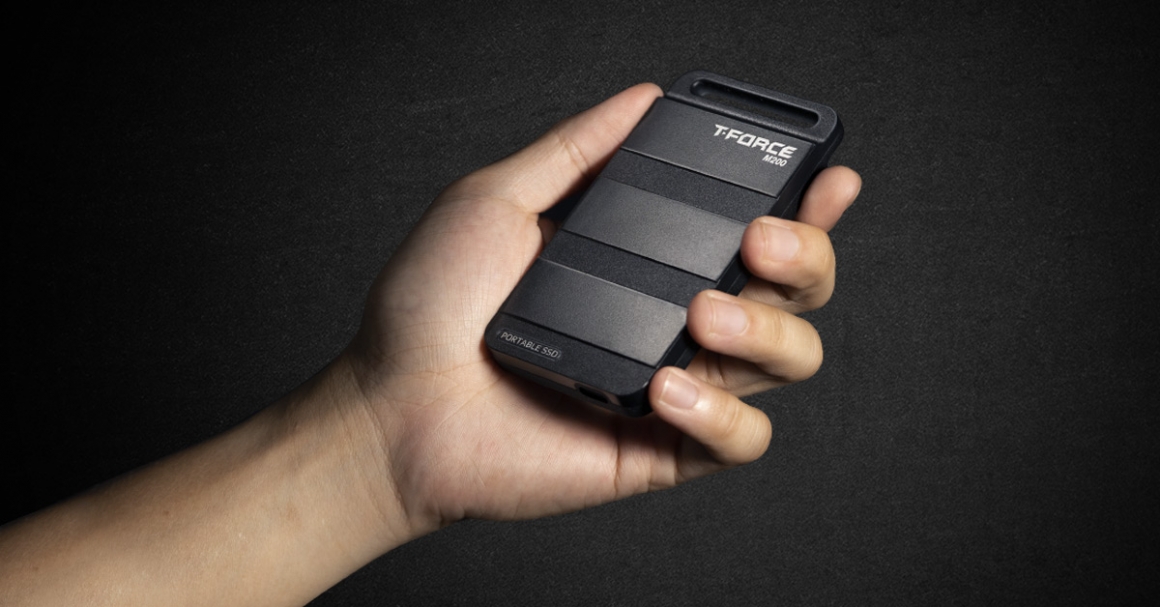
We hope that this explanation is helpful to you all. Want to know more about other product tips? Please follow our article! We'll see you next time!






